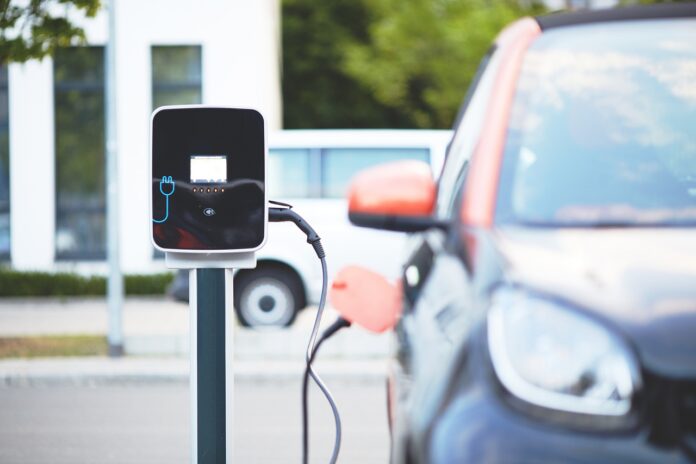UK not ready for electric vehicles
Ninety per cent say the UK is not ready for electric vehicles, with almost 80% claiming the planned 2035 ban on petrol and diesel cars is too soon.
That’s according to recent data from the car insurance experts at Quotezone.co.uk – who asked 1,000 motorists for their thoughts on switching to an electric vehicle.
The survey, conducted in January 2025, questioned drivers on making the switch to electric, whether the UK was ready for the change and the incentives which would encourage them to consider swapping petrol or diesel cars to electric.
An overwhelming 90% agreed that the UK is not ready for electric vehicles, with 79% saying the proposed ban in 2035 is too soon.
By 2035, all newly registered cars in the UK will need to be electric or zero emission vehicles. Petrol and diesel vehicles will no longer be for sale.
By 2030, 80% of new cars and 70% of vans sold will need to be zero emission – with that figure reaching 100% by 2035.
These changes fall under the Zero Emission Vehicle Mandate (ZEV) which sets out the percentage of new zero emission vehicles manufacturers will be required to produce each year up to 2030 – with a target for 2024 of 22%, rising to 28% this year.
Although 2024 was a record year for switching to electric, with 382k EVs sold across last year – a 21% increase on 2023 – demand is still slow, with licensed zero emission vehicles representing just 2.7% of all vehicles on the road.
Quizzed on when they plan to switch to electric vehicles, 57% of respondents said they didn’t plan to go electric, with 14% saying they planned to change just before the ban. Only six percent of respondents already own an electric vehicle.
Over half of respondents (54%) believe the government should be providing grants and tax benefits to encourage motorists to make the switch.
A further 48% said if installing an EV (electric vehicle) charger to their home or driveway was free, they would be more likely to consider changing the type of vehicle they drove.
There are still some grant funding options available for electric vehicles such as the Electric Vehicle Chargepoint Grant, although many – like the Plug-In Car Grant which originally helped towards buying an EV – ended in June 2022. Road tax or VED, once exempt for pure electric vehicles, is also set to resume in April 2025.
Questioned further on the biggest motivator to persuade motorists to switch to electric, over a third (34%) said money off the vehicle purchase price, with 23% saying tax benefits or grants would help sway them.
Greg Wilson, CEO and car insurance expert at Quotezone.co.uk said: “We’re only ten years away from the proposed ban on new petrol and diesel vehicles but it seems here in the UK we have a long way to go, both in improving the infrastructure and motorists enthusiasm for electric vehicles.
“The reluctance to switch is understandable. The cost of purchasing an EV is expensive and the lack of public charging points make the reality a challenge. Sixteen percent of the motorists we quizzed said this was one of their biggest concerns.
“There has been considerable investment recently in the infrastructure. In the last 12 months, the number of charging points increased by 38%, with the government’s goal set at 300,000 public charging stations by 2030.
“That said, there are other concerns to address around low mileage, the costs of parts and repairs, the expense of installing home chargers and resale prices.
“The future may well be electric – but we’re quite a way off making it a realistic option for the majority of UK households.”
Quotezone.co.uk can help drivers compare and find savings on petrol and electric car insurance.

| [donate]
| Help keep news FREE for our readersSupporting your local community newspaper/online news outlet is crucial now more than ever. If you believe in independent journalism,then consider making a valuable contribution by making a one-time or monthly donation. We operate in rural areas where providing unbiased news can be challenging. |



















